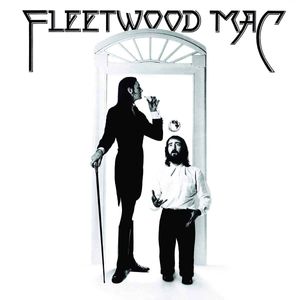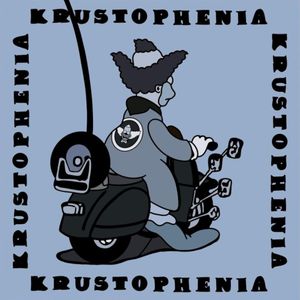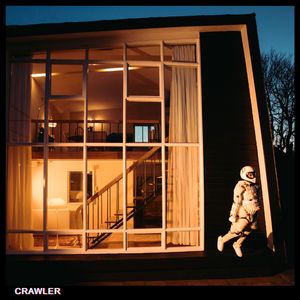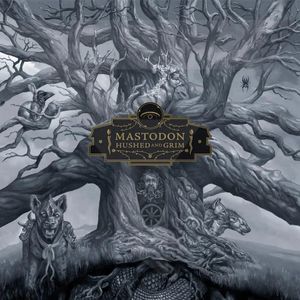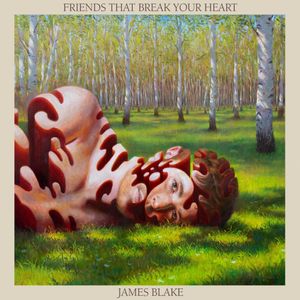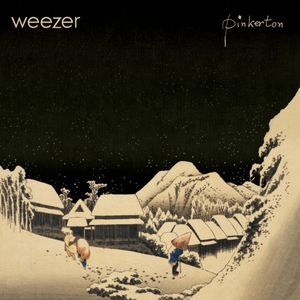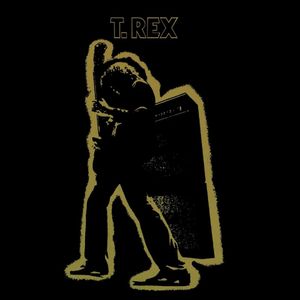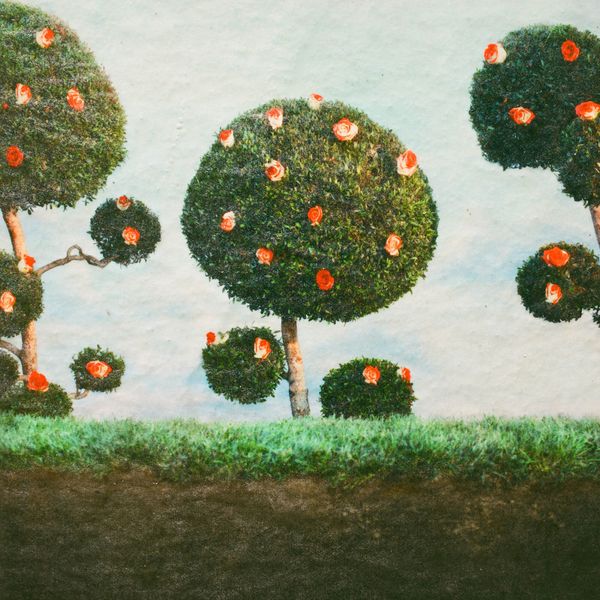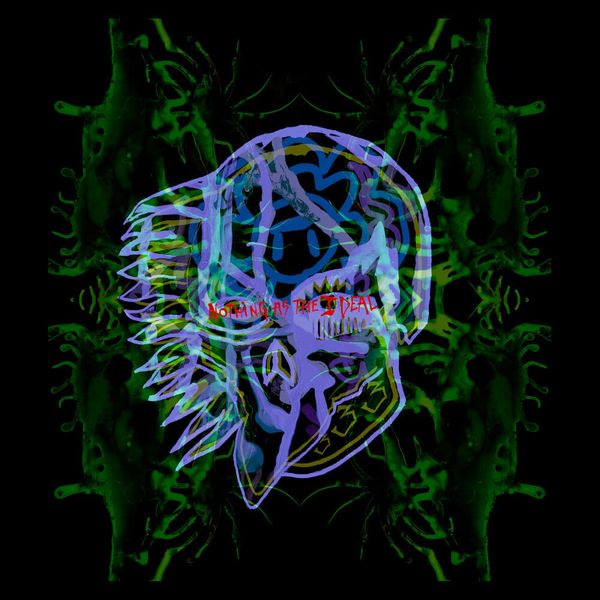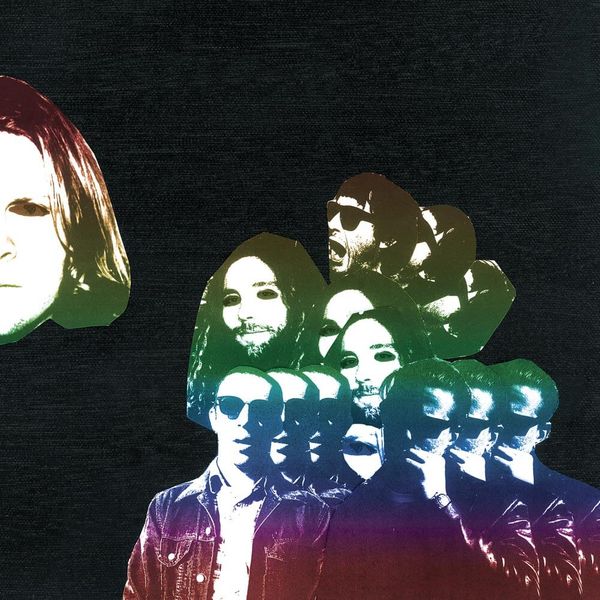Daddy’s Home
St. Vincent
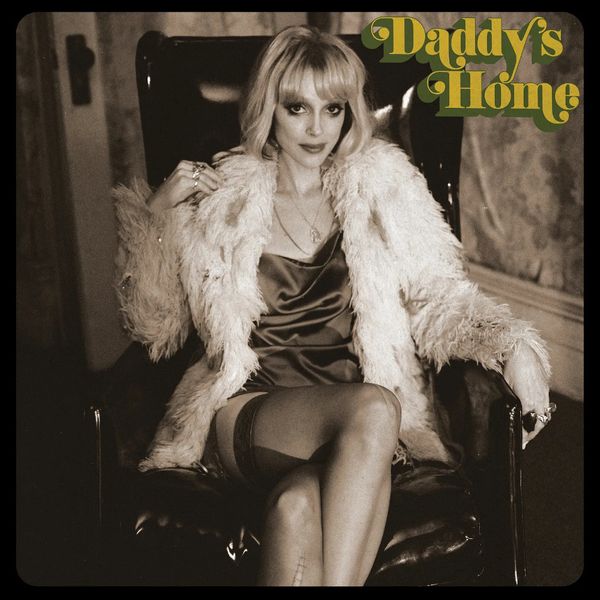

Favourite Tracks
- Down and Out Downtown
- Down
- Pay Your Way in Pain
André
Despite the critical acclaim and grammy awards 2017’s Masseduction received, I was disappointed with its lack of staying power. Though incredibly stylish, and obviously entertaining, it felt all too comfortable for an artist who previously displayed such exciting levels of ingenuity. Daddy’s Home, however, feels like the beginning of a new era for St Vincent. It’s a welcome change, even if I am a little sad about the lack of frenzied noise and fuzzy guitars. This is a bold step, and it’s mostly very rewarding.
Annie Clark takes influence from many of her favourite records, melding them into a nostalgic yet refreshing sound. David Bowie, Pink Floyd and The Beatles are all musically referenced, albeit without much subtlety (the Prince yelps heard on the title track are hugely awkward, for instance). The way Clark embodies the character on Daddy’s Home is certainly reminiscent of Ziggy Stardust, too. Jack Antonoff – who clearly doesn’t know the meaning of the word rest – helps blend these styles together expertly. All things considered, it’s probably the most accessible St Vincent album to date.
Despite a handful of patchy moments, Daddy’s Home strangely feels like one of St Vincent’s most cohesive records. It’s a hazy affair, but also very colourful. The highs aren’t quite as momentous as, say, “Birth in Reverse”, which can keep you hooked for days on end, but the album feels like a complete body of work. It is carefully constructed and skilfully realised. Clark has always been one of the wittiest songwriters around, and that reputation will endure with the release of Daddy’s Home. I don’t think it’s a masterstroke by any stretch, but I can see myself revisiting this far more frequently than Masseduction.
Favourite tracks //
- Down
- Pay Your Way in Pain
- Somebody Like Me
Fred
St. Vincent releases have become a bit of an event for me. I’m curious to see the world she builds, and the character she puts at its centre. In Daddy’s Home she trades in the hyper sweet pop of Masseduction for a sordid yet uncannily polished ’70s variety show.
The album doesn’t so much wear its influences on its sleeve as wear them all over like gaudy clothes. Songs are steeped in ’70s sounds - steeped I tell you. “Down and Out Downtown” is so full of sitar and soulful vocal harmonies that it’s fit to burst, while “Live in the Dream” would fit right in on a Pink Floyd record. Annie Clark wrangles a myriad of vintage sounds and gives them a stunning contemporary sheen, but it is in service of a world unquestionably her own. David Bowie and Mia Wallace had a sweet baby girl and abandoned her in Queens.
Not for the first time there’s a kind of detachment to what goes on, a wryness - the inescapable sense that St. Vincent is playing a game of musical dress-up. That make-believe mood gives the kookier cuts (looking at you “Daddy’s Home”) room to be silly, but it has a funny way of keeping the overall fantasy at bay. Although I enjoy the record a great deal it rarely draws me in entirely.
Still, if that’s the tradeoff needed for this cycle to work, so be it. Daddy’s Home may not have the standalone hits of, say, St. Vincent’s self-titled record, but its overall picture is brighter and more fully formed - in a dirty, sad New York City kind of way.
Favourite tracks //
- Down and Out Downtown
- The Melting of the Sun
- Pay Your Way in Pain
Andrew
St. Vincent returns with a luxuriously laidback affair, Daddy’s Home. Blending the fizzy synths of Annie Clark’s more recent work with moody, funky atmospheres, rich backing vocals, and threads of psychedelia, this is a tracklist that leans unabashedly into the ’70s aesthetic.
It shouldn’t be a surprising turn either, as Jack Antonoff returns with production, writing, and performing credits. Having also had a hand in Lana Del Ray’s Chemtrails over the Country Club, it’s not hard to draw comparisons between material on both albums. Here “Candy Darling” in particular has a familiar sepia-toned sheen to it, with twinkling, delicate guitar tones that hug the central vocals.
Daddy’s Home does more for me though. With the ’70s vibe leaking into moments of Pink Floyd-esque, dreamy psychedelia on “Live In The Dream” and Clark finding (maybe a tad too much of) her inner Prince in the album’s title track, there’s bite and character throughout the tracklist. “Down” is a particular highlight which quietly builds out from simmering start to infectious groove, featuring a snarled edge to its vocal and some delightful musical moments.
Clearly no two St. Vincent releases are going to sound alike. Between her late ’00s output and now, there’s been quite the progression, and as the synths fall behind shimmering guitars, organs and grooves here, it looks set to continue. But with it, the sharper, noisier cuts we’ve seen in previous work have been left behind, replaced instead with brief lulls of dreamy haze midway through the record. Whether that’s a brief flirtation or a sign of a future direction is yet to be seen, but for now, Daddy’s Home firmly earns its place in a growing list of excellent music this year.
Favourite tracks //
- Down
- Down And Out Downtown
- Somebody Like Me
